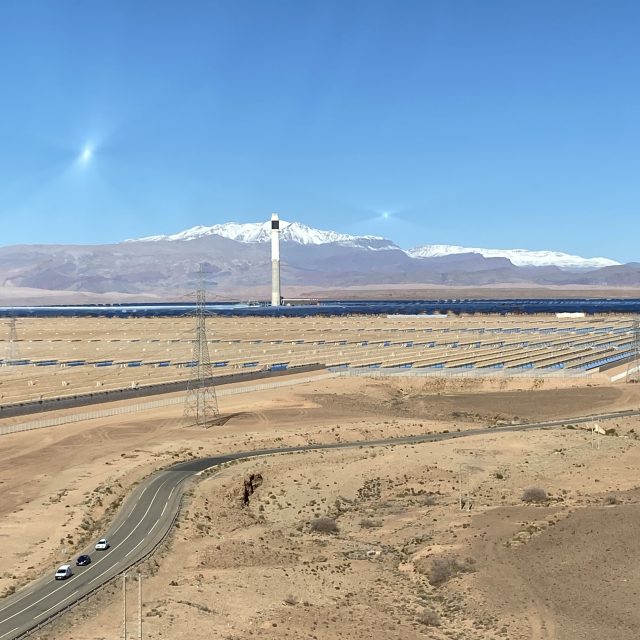Photo by Sander Sammy on Unsplash
In recent years, Russian and Chinese intelligence services have shown increasing activity within the European Union, employing similar methods to recruit politicians and officials across different countries. This activity aims at achieving a common goal: weakening the West, destabilising European democracies, and undermining international security. These operations span several EU countries, including Germany, Belgium, the Czech Republic, France, Italy, and others.
In Germany, cases of recruitment by Chinese and Russian intelligence services have already led to arrests. For instance, Maximilian Krach, an assistant to a German politician and a representative of the far-right party “Alternative for Germany,” was detained for espionage on behalf of China. This party is known for its anti-Western views and pro-Russian stance, making its members particularly vulnerable to recruitment. In the Czech Republic, Russian intelligence services have used media outlets like Voice of Europe to promote Russian propaganda through local politicians and media figures involved in information campaigns.
Additionally, cases of recruitment of politicians in Italy and France have also been uncovered. These politicians publicly supported pro-Russian agendas or criticised aid to Ukraine. Some were involved in operations spreading disinformation through social media and other online platforms.
In Belgium, one high-profile example involves Frank Kreijelman, who was expelled from his party following an investigation into his connections with Chinese intelligence. This politician had previously expressed pro-Russian views, visited Moscow, and openly opposed providing aid to Ukraine. This case demonstrates how Russia and China can target the same objectives to undermine support for Ukraine on the international stage.
Frank Kreijelman, a former Flemish far-right party Vlaams Belang member, found himself at the centre of a major scandal related to espionage on behalf of China. An investigation conducted by international media revealed that for over three years, Kreijelman had been collaborating with Chinese intelligence, influencing Belgian and EU politics in China’s interest. He was instructed to promote pro-Russian and pro-Chinese agendas. Chinese intelligence officer Daniel Wu, who oversaw Kreijelman, provided guidance on key issues, including attempts to affect US-Europe relations and internal discussions in the European Parliament on matters concerning China. In exchange for his services, Kreijelman received significant sums, including offers of payment through cryptocurrency. Kreijelman was expelled from Vlaams Belang as soon as his connections with Chinese intelligence were exposed. This case also highlighted that Kreijelman supported pro-Russian positions and had close ties with Moscow, underlining the interaction between Russia and China in their efforts to destabilise democratic institutions in the EU.
Recruitment operations targeting European politicians serve a broader strategic aim for Russia and China: destabilising the EU and NATO, undermining international security, and weakening support for Ukraine in its struggle against Russian aggression. The actions of these countries present a direct threat, necessitating enhanced cooperation between European intelligence services and increased attention to these operations.




